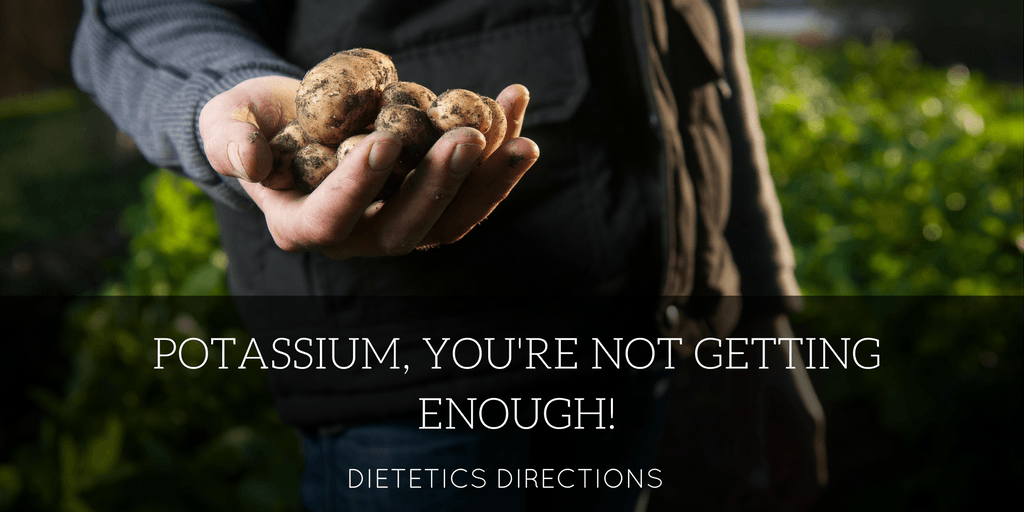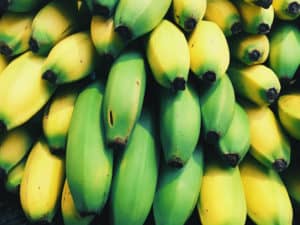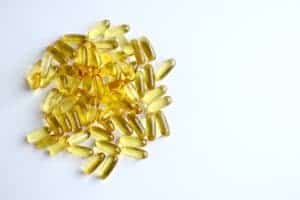
Potassium, You’re NOT Getting Enough!
Move over vitamin D, potassium is taking centre stage for a nutrient of public health concern. Fewer than 2% of adults met the daily recommendations for potassium according to the third National Health Examination Survey. In fact, current intakes reveal that adults consume less than half of the estimated requirement.
This blog will explore potassium’s vital role in body functioning and disease prevention. Part two will highlight the top food sources and the dietary recommendations.
Why is Potassium Important?
Potassium is an electrolyte or mineral that relaxes the arteries through the release of nitric oxide. This helps blood to travel to different parts of the body more easily and prevents cardiovascular disease caused by narrowed or blocked blood vessels.
Top 7 Benefits of Potassium:
- Lowers Blood pressure
- Promotes the release of sodium in the urine
- Reduces risk of death from cardiovascular disease and ischemic heart disease
- Protects against muscle loss associated with aging
- Preserves bone density
- Reduces risk of kidney stones
- Helps build muscle mass
Who should NOT increase Potassium?
If kidneys are functioning normally, the body is able to regulate the right amount of potassium in the body. However, those with reduced kidney functioning often need to limit potassium since blood levels can rise to dangerous levels. High blood levels of potassium, for those with kidney disease, can cause irregular heartbeat or a heart attack. If concerned about kidney functioning, speak with your doctor. If you are modifying your diet for chronic kidney disease, speak with your dietitian.
DYK: People with reduced kidney functioning often need to limit potassium Click To TweetDo I need a Potassium Supplement?
The best way to meet potassium requirements is through your diet! High-dose potassium supplements can disrupt heart rhythms and be dangerous especially if you’re unaware of your kidney function. Physician’s supervision is recommended for those taking potassium supplements.
Bottom Line:
On a population basis, we are not getting enough potassium in our diets. Potassium is crucial for keeping our arteries flexible to prevent the top causes of death such as heart disease and stroke. Potassium also works to counter our high sodium diets and preserves muscle mass as we age.
P.S. In part two, you will discover some of the top potassium food sources to include in your diet!



